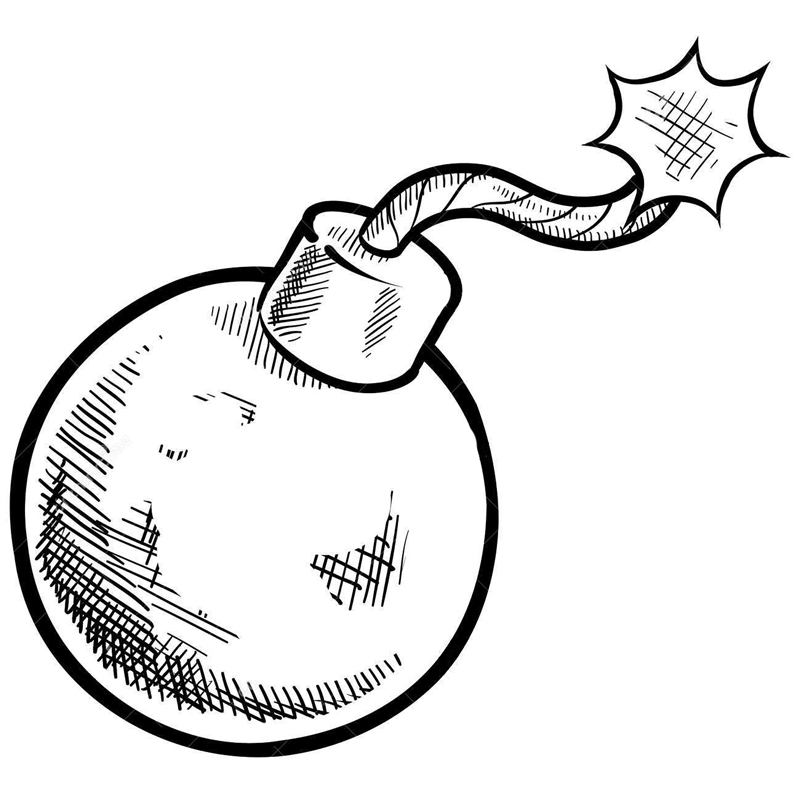Crystal - better Ruby?

Radosław Bułat
KRUG, grudzień 2016r.
About me
I work at Codest.
We develop webapps but sometimes we make things just for fun.

What is Crystal?

Crystal is a programming language with following characteristics
- syntax very similar to Ruby
- statically type-checked
- have compile-time evaluation and generation of code
- compile to efficient native code
How much Crystal is similar to Ruby?

Syntax
puts "Hello World!"
arr = [1, 2, 3, 4, 5]
puts "#{arr} includes 3" if arr.includes?(3)
if m = "--123--".match(/(\d+)/)
puts m[0].to_i
end
puts "127.0.0.1".split(".").reverse.join(".")
OOP - classes
class Greeter
def initialize(name = "there")
@name = name
end
def salute
puts "Hello #{@name}!"
end
end
Greeter.new("world").salute
Greeter.new.salute
OOP - mixins
module Mixin
def foo
puts "foo from Mixin called"
end
end
class MyClass
include Mixin
end
MyClass.new.foo
Blocks & Procs
def twice
yield "here"
yield "there"
end
twice { |s| puts "Hello #{s}!" }
f = -> { puts "Proc called" }
twice(&f)
API
puts 1.upto(999)
.select { |e| e % 3 == 0 || e % 5 == 0 }
.reduce { |acc, e| acc + e }
File.open("/etc/hosts") do |file|
file.each_line { |line| puts line }
end
Core classes & modules
Array, String, Class, Enumerable, Comparable, ENV, File, Hash, Nil, Range, Regex...
Looks familiar?
Learning curve for Ruby programmers is very gentle.
You can use the same programming techniques, best practices and idioms.
Crystal is statically typed

Specifying types in most cases is optional.
Compiler still can verify types during compilation phase.
Type inference
a = 1 # Int32
puts a + 123 # Int32#+(Int32) exists
$ crystal build type_inference1.cr
$ ./type_inference1
124
a = 1 # Int32
puts a + "123" # Int32#+(String) - doesn't exist
$ crystal build type_inference2.cr
Error in type_inference2.cr:2: no overload matches 'Int32#+' with type String
Overloads are:
- Int32#+(other : Int8)
- Int32#+(other : Int16)
- Int32#+(other : Int32)
- Int32#+(other : Int64)
- Int32#+(other : UInt8)
- Int32#+(other : UInt16)
- Int32#+(other : UInt32)
- Int32#+(other : UInt64)
- Int32#+(other : Float32)
- Int32#+(other : Float64)
- Number#+()
puts a + "123"
^
Can variable store multiple types?
a = (rand(2) == 0 ? 1 : "1") # Int32 | String
puts a * 2 # both Int32#*(Int32)
# and String#*(Int32) exist
$ crystal run type_inference3.cr
2
$ crystal run type_inference3.cr
11
a = (rand(2) == 0 ? 1 : "1") # Int32 | String
puts a.abs # String#abs doesn't exist
$ crystal build type_inference4.cr
Error in type_inference4.cr:2: undefined method 'abs' for String
(compile-time type is (Int32 | String))
puts a.abs
^~~
a = (rand(2) == 0 ? 1 : "1") # Int32 | String
if a.is_a?(Int32)
puts a.abs # Int32#abs
end
What about method arguments?
def add(a : Int32, b : Int32)
a + b
end
puts add(10, 20)
30
foobar
def add(a : Int32, b : Int32)
a + b
end
puts add("foo", "bar")
Error in type_inference7.cr:5: no overload matches 'add' with types String, String
Overloads are:
- add(a : Int32, b : Int32)
puts add("foo", "bar")
^~~
Type inference applies to method arguments too.
def add(a, b)
a + b
end
puts add(10, 20)
puts add("foo", "bar")
30
foobar
def add(a, b)
a + b
end
puts add(true, false)
Error in type_inference9.cr:5: instantiating 'add(Bool, Bool)'
puts add(true, false)
^~~
in type_inference9.cr:2: undefined method '+' for Bool
a + b
^
Null Pointer Exception

The problem of nil value.
loop do
word = gets
break if word.upcase =~ /^QUIT/
puts word.chomp.reverse
end
Let's run it with Ruby.
$ ruby nil.cr
foo
oof
bar
rab
^D
nil.cr:3:in `block in <main>': undefined method `upcase' for nil:NilClass (NoMethodError)
Crystal detects that kind of error during compilation phase.
$ crystal build nil.cr
in nil.cr:1: instantiating 'loop()'
loop do
^~~~
in nil.cr:3: undefined method 'upcase' for Nil (compile-time type is (String | Nil))
break if word.upcase =~ /^QUIT/
^~~~~~
Let's fix it.
loop do
word = gets
break if word.nil? || word.upcase =~ /^QUIT/
puts word.chomp.reverse
end
$ crystal run nil-fix.cr
foo
oof
bar
rab
^D
Performance

Crystal compiles into native binary using LLVM.
Expect it to be faster than Ruby.
How much?
What is the smallest number that is evenly divisible by all of the numbers from 1 to 20?
Warning: naive solution
Ruby
puts 1.upto((2..20).reduce(:*))
.each { |n| break n if (2..20).all? { |e| n % e == 0 } }
$ time ruby euler.rb
232792560
ruby euler.rb 115,36s user 0,80s system 95% cpu 2:01,88 total
Crystal
puts 1.upto((2..20).reduce(1_u64) { |acc, e| acc * e })
.each { |n| break n if (2..20).all? { |e| n % e == 0 } }
$ crystal build --release euler.cr && time ./euler
232792560
./euler 1,65s user 0,01s system 98% cpu 1,679 total
Crystal faster ~72x
Kemal vs Sinatra
require "kemal"
logging false
get "/" do
"Hello World"
end
Kemal.run
require "sinatra"
set :logging, false
get "/" do
"Hello world"
end
wrk -c 100 -d 10 -t 1 http://localhost:3000
Requests/sec: 63258.85 Transfer/sec: 7.24MB
Requests/sec: 3344.73 Transfer/sec: 601.04KB
Crystal faster ~19x
Array#sort!
require "benchmark"
arr = (1..100_000_000).to_a.shuffle
puts Benchmark.measure { arr.sort! }
$ ruby array_bm.cr
28.890000 1.190000 30.080000 ( 31.266588)
$ crystal run --release array_bm.cr
9.890000 0.040000 9.930000 ( 10.187163)
Crystal faster ~3x
Macros

{% puts "This runs during compilation" %}
puts "This runs during execution"
$ crystal build macro1.cr
"This runs during compilation"
$ ./macro1
This runs during execution
macro define_method(name, body)
def {{name}}
{{body}}
end
end
class Foo
define_method bar, "baz"
# def bar
# "baz"
# end
end
macro assert(assertion)
unless {{assertion}}
puts "Assertion {{assertion}} failed!"
end
end
assert 1 == 2
$ crystal run macro3.cr
Assertion 1 == 2 failed!
Macros enables metaprogramming.
class Person < ActiveRecord::Model
adapter postgres
table_name people
primary id : Int
field last_name : String
field first_name : String
field number_of_dependents : Int
end
It's different from Ruby approach.
Summary
